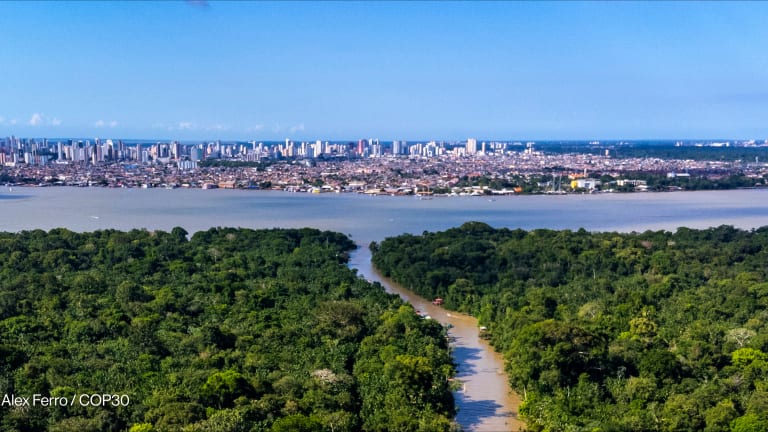Former United Nations Secretary-General Ban Ki-moon calls the 2009 U.N. Climate Change Conference, or COP, in Copenhagen “one of the most embarrassing and humiliating experiences” of his five-decade diplomatic career. Despite his personal appeal, member states failed to emerge from those negotiations with a unanimous resolution.
The Copenhagen COP has become known for the commitment from higher-income nations to make $100 billion in climate financing available to vulnerable countries annually from 2020. They have yet to reach that target. Since stepping down as secretary-general at the end of 2016, Ban has focused on climate advocacy, including pushing higher-income nations to finally deliver on their commitments.
He does so in his many roles, including as one of the founders of the Vienna-based Ban Ki-moon Centre for Global Citizens, alongside former Austrian President Heinz Fischer, as well as chairing the supervisory board of the Global Center on Adaptation in Rotterdam, Netherlands.








